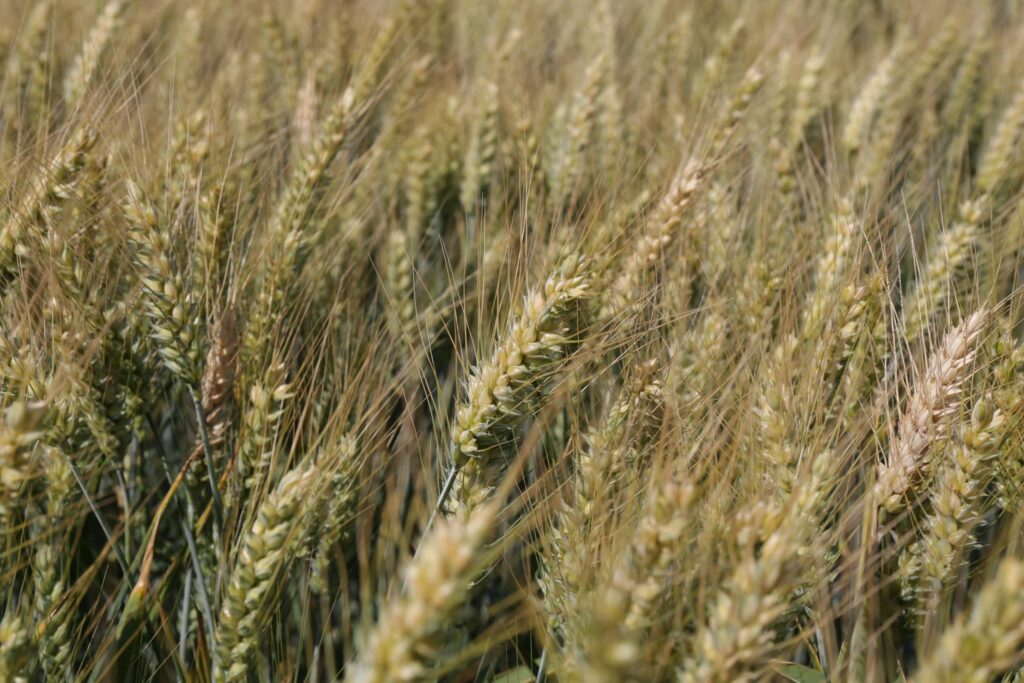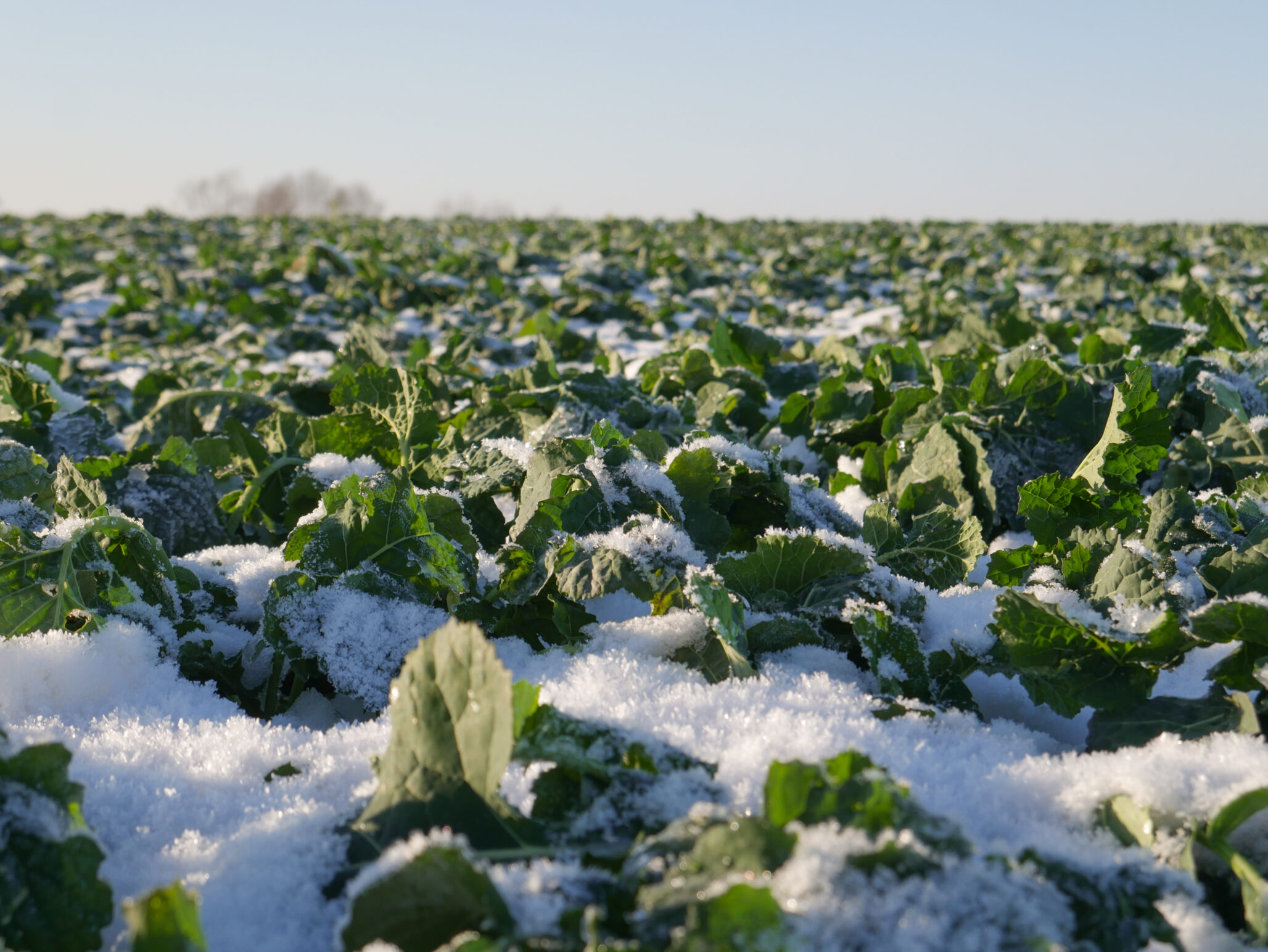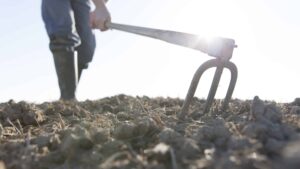Our company Lidea has 45 years of expertise in cereal breeding and has volunteered to focus on the selection of winter wheat. More precisely, we are focusing on high technological quality wheat with a good disease resistance.
In order to adapt our offer to the needs of farmers, we select our winter wheats at the heart of our target markets. In France, with two research stations, the starting point for all our lines, we create early varieties with a very complete disease profile and rich in proteins, adapted to the whole of Europe. In Germany, our breeding lines focus on late varieties that are resistant to cold and to Fusarium, making it possible to meet the needs of North Europe as well as those of Ukraine and Russia.
But how to define ‘technological quality’?
For Lidea, the technological quality is reflected first of all by a high protein content, which meets the needs of the bakery, biscuit and Viennese pastry sectors which represent a significant sector of the European wheat market. It is safe to say that we consider a good protein content as essential in order to grab this important opportunity in wheat production.
We should not forget that the protein content is a common and determining criterion in the wheat quality classes of the different European countries. In addition, the protein content is also essential when exporting European wheat. In fact, a minimum level of protein is required in the specifications of our main importing countries.
The other axis of the Lidea wheat selection process is a high resistance to diseases, in particular, a good tolerance to Fusarium. We focus heavily on diseases resistance, on the one hand to limit inputs such as crop protection products, and on the other hand to ensure a quality harvest, a regularity and a high productivity.
Quo Vadis, organic wheat?
It should come as no surprise that with this expertise in protein content and disease resistance, Lidea has naturally focused on the selection of wheat suitable for organic farming. In fact, in organic farming, using genetics capable of maintaining a high level of protein, is predominant because with organic fertilization it is difficult to obtain a high protein content at harvest. We expect that in the near future, we will see an increase in the need of the organic seed sector for flour that can be used in the industrial sector, especially flour which is suitable for baking and even more for pastry-making.
As a result, there will be a high demand for organic wheat with high protein qualities. In this context of a growing demand, Lidea is increasing its selection capacities in organic farming and through its multi crop expertise is equipped to offer wheat / protein combinations aiming to provide good protein levels in the sector.
I am proud to add that the first improved wheat variety from this program, IZALCO CS, contains 100% Lidea genetics, and was selected and produced in France. These genetics are produced and sold within Europe for conventional and organic farming. The variety is very present in this specific wheat market for milling, and as such, we participate in the genetic renewal of high-quality European wheat.








